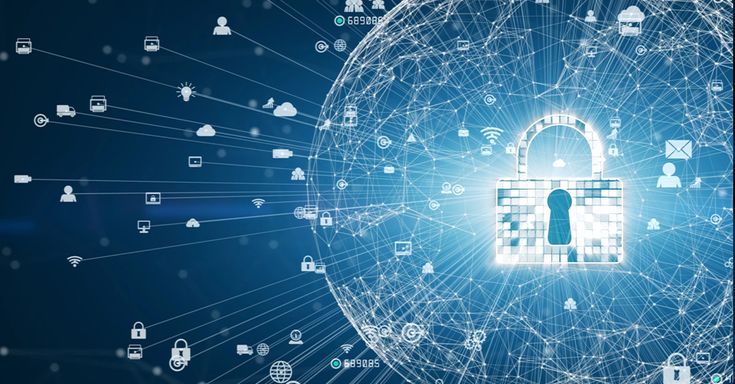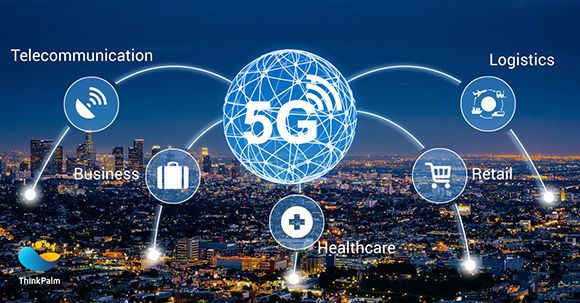As technology continues to advance and businesses rely more heavily on digital systems and networks, cybersecurity has become a critical concern for organizations of all sizes. This blog explores the importance of cybersecurity in the digital age, the evolving threat landscape, and best practices for protecting data and privacy in an interconnected world.
In today’s interconnected world, where businesses store vast amounts of sensitive data online and conduct transactions over digital networks, cybersecurity threats are constantly evolving and becoming more sophisticated. From ransomware attacks and data breaches to phishing scams and insider threats, organizations face a wide range of cyber threats that can disrupt operations, compromise sensitive information, and damage reputation and trust.
Moreover, the proliferation of Internet of Things (IoT) devices and connected systems has expanded the attack surface for cybercriminals, creating new vulnerabilities and challenges for organizations seeking to secure their digital assets and infrastructure. With billions of IoT devices connected to the internet, from smart appliances and wearable devices to industrial control systems and medical devices, securing the IoT ecosystem has become a top priority for businesses and governments around the world.
Furthermore, the rise of remote work and digital collaboration tools has introduced new security risks and challenges for organizations, as employees access corporate networks and sensitive data from remote locations and personal devices. With the shift to remote work accelerated by the COVID-19 pandemic, businesses must implement robust security measures, such as multi-factor authentication, endpoint protection, and secure VPNs, to protect against cyber threats and ensure data privacy and compliance.
Additionally, compliance with data protection regulations, such as the General Data Protection Regulation (GDPR) and the California Consumer Privacy Act (CCPA), has become a legal requirement for businesses that handle personal data. With strict penalties for non-compliance, including fines and reputational damage, organizations must prioritize data privacy and security and implement measures to safeguard sensitive information and ensure regulatory compliance in the digital age.
Overall, cybersecurity is essential for protecting data and privacy in an interconnected world, where businesses face an increasingly complex and evolving threat landscape. By implementing robust security measures, educating employees about cybersecurity best practices, and staying informed about emerging threats and vulnerabilities, organizations can mitigate risk, safeguard sensitive information, and ensure business continuity and resilience in the digital age.





